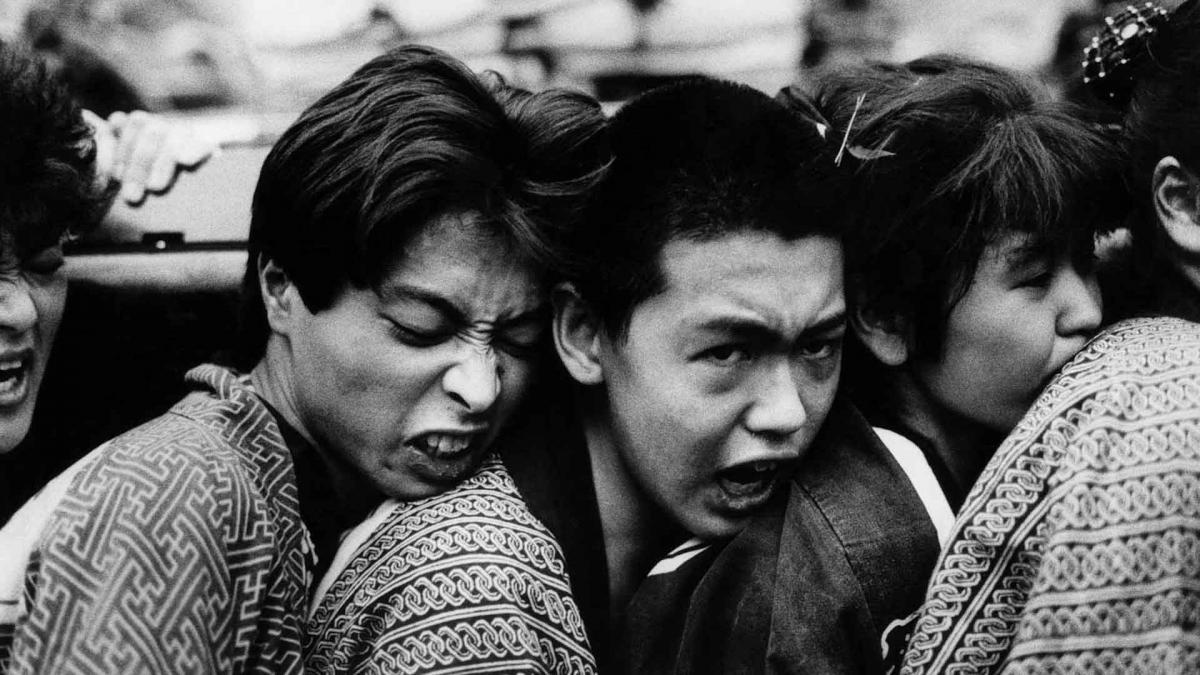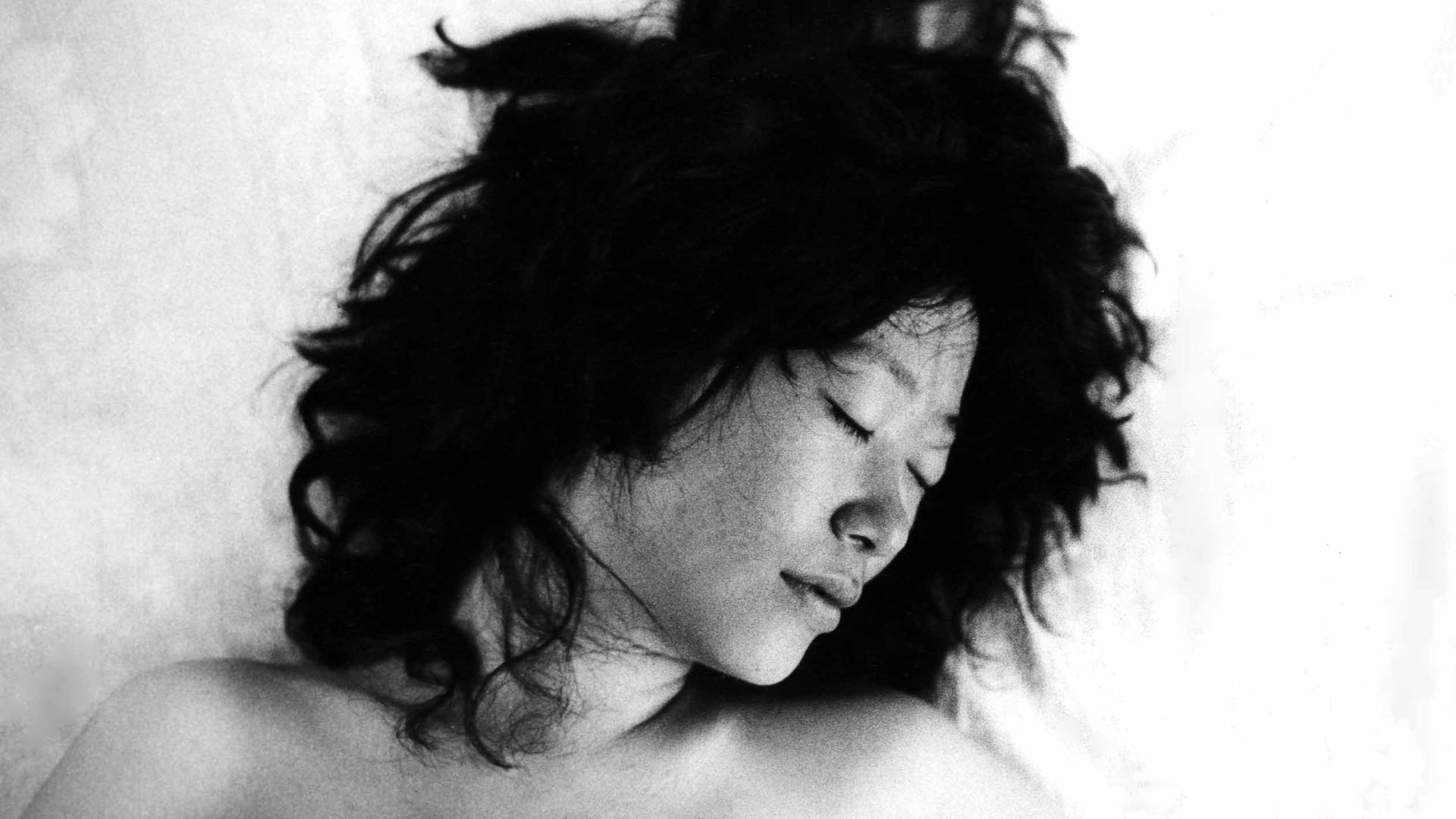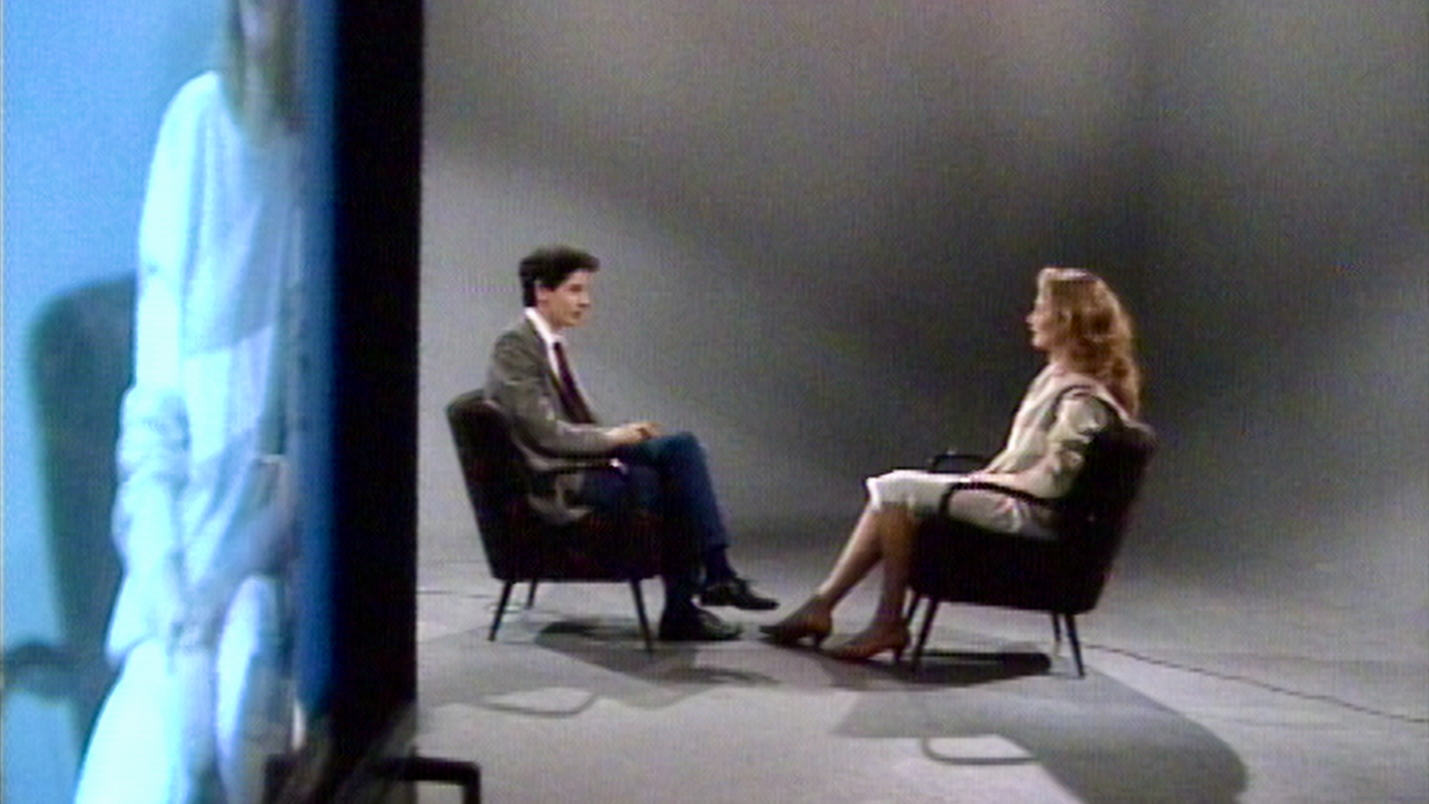Leaving Europe to look for Akiko, filmmaker Jean-Noël Gobron discovers her city, the exotic Tokyo. A fictional documentary treating everyday life in Japan’s capital city, its Kabuki theater, its nostalgic Takenokozoku dances, its thousands of suit-and-tie executives, its geishas, its Western-style marriages, its quiet green areas, its pulsating nightlife. Yet, the authorial commentary, which deliberately often strays away from the images, throws into question the objectivity of the documentary format itself. What we see is inseparable from the experience of its young filmmaker as he casts a loving eye on a people and its culture.
“The presence in the film of the cameraman and the female sound recordist could be seen as blatantly narcissistic if the presence of the woman, seen by the man with the camera, did not reflect upon the nature of the documentary. Infatuated, the authors cast a loving eye on a whole people and a dying culture. The mask of deceptive superficiality is cast aside to reveal a living mystery — an almost human truth. That which is seen becomes inseparable from that which is lived; objectivity is put in question. But is the lived experience an absolute criterion? "Every statement implies its own opposite," according to the Buddhist saying. And doesn't love also signify derision?”
Benoit Boelens






